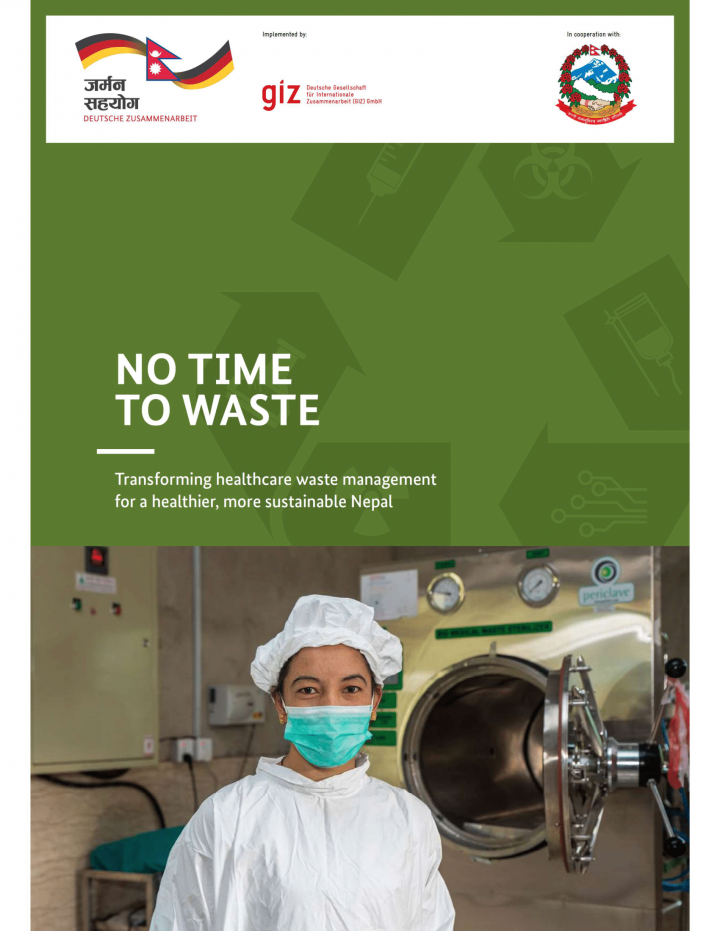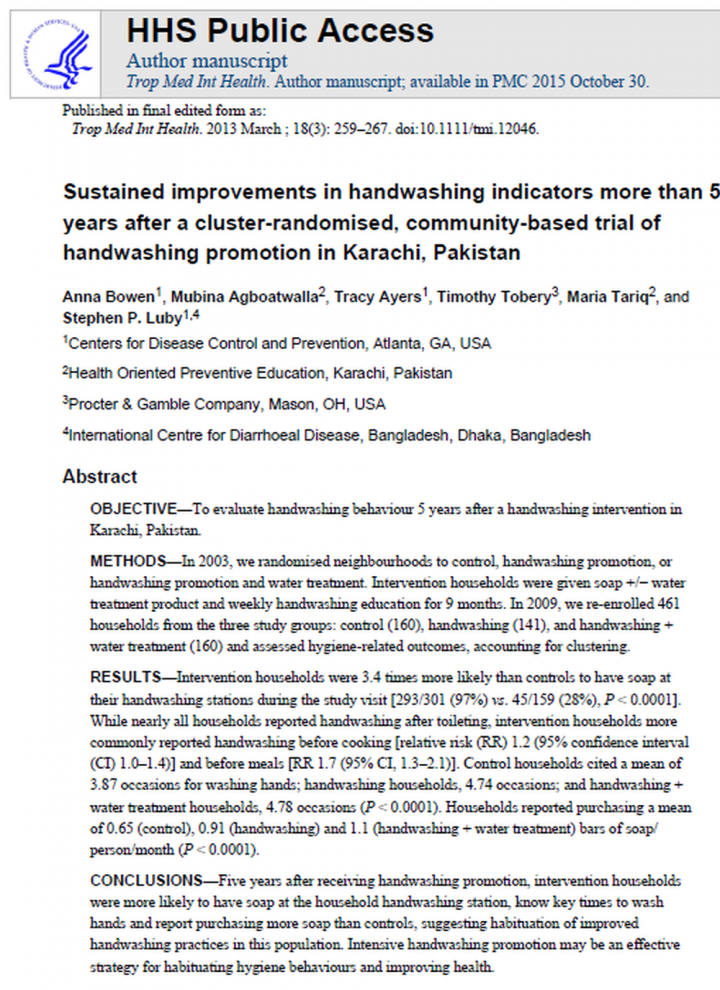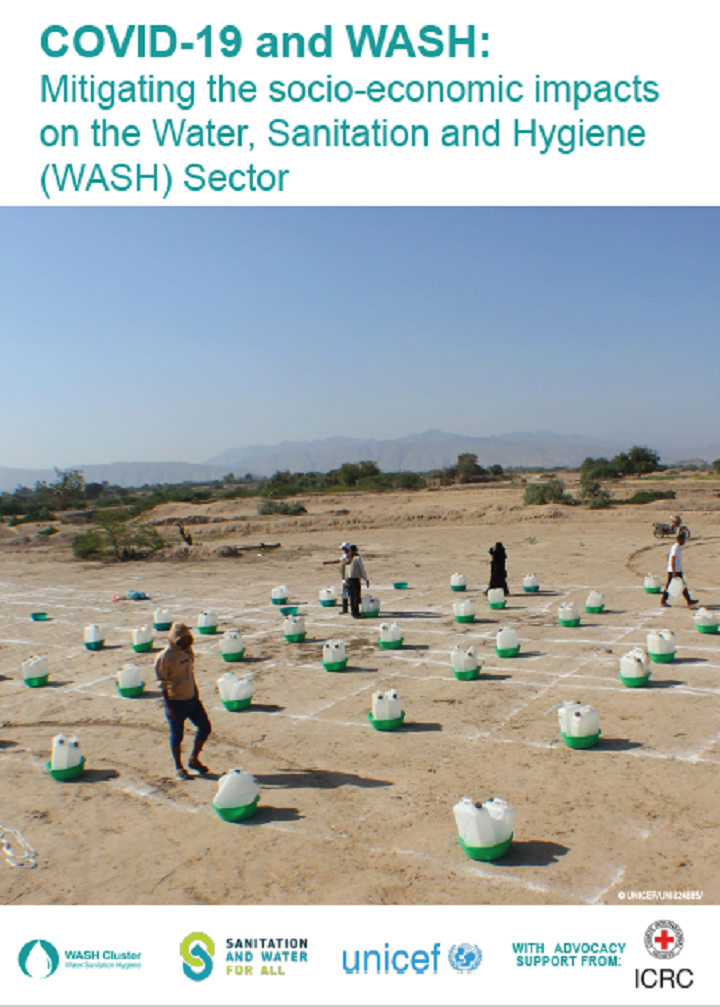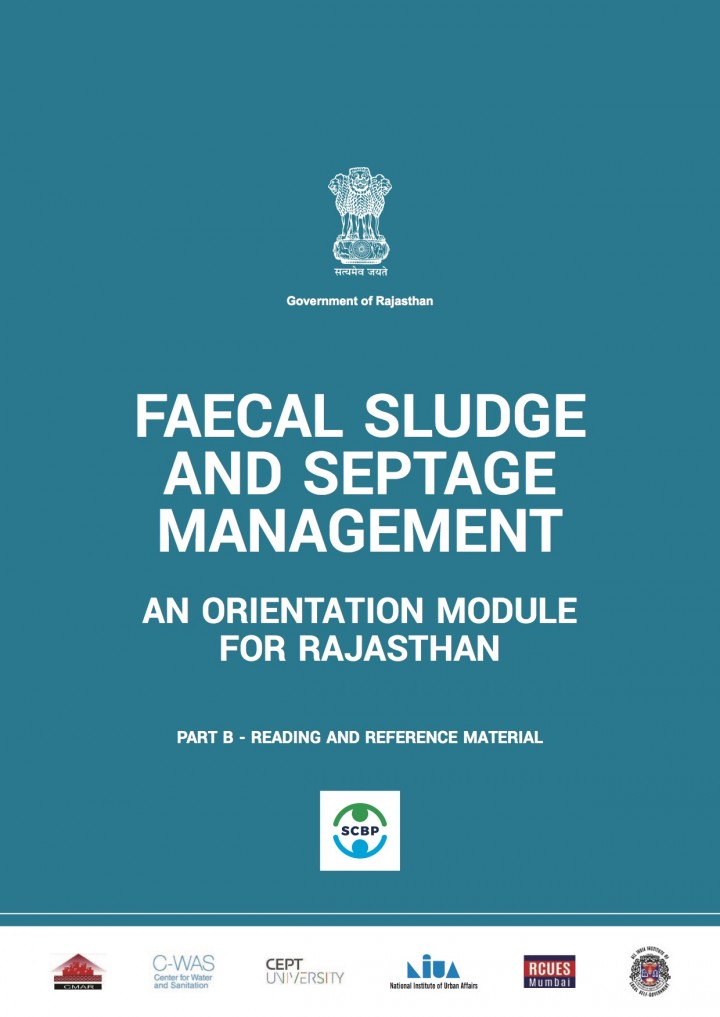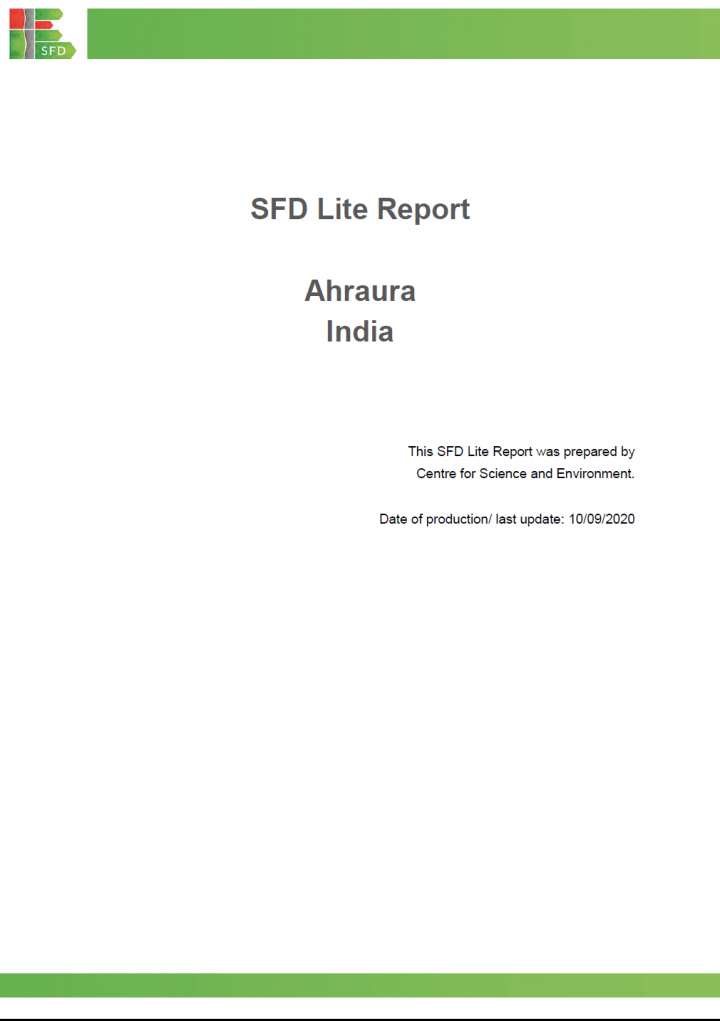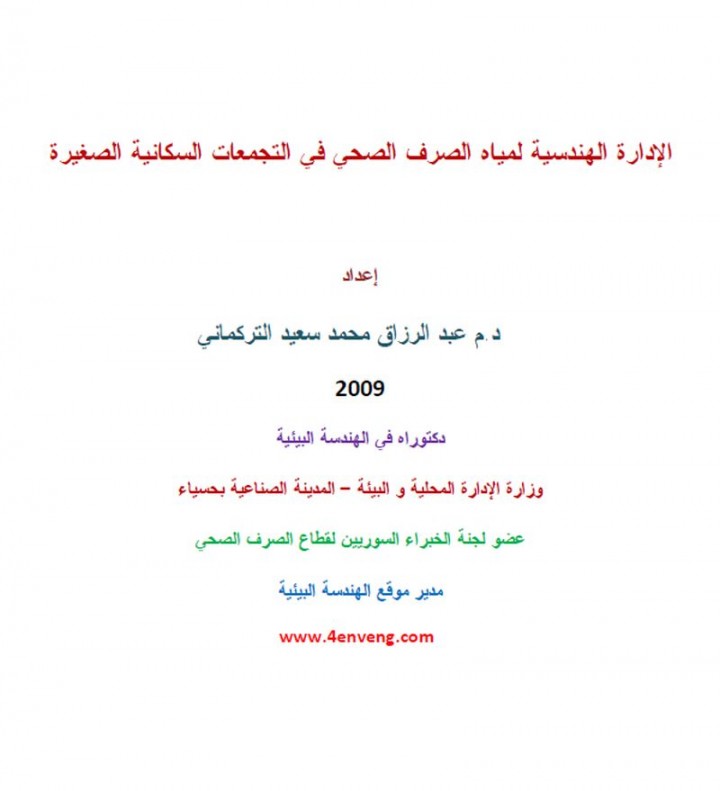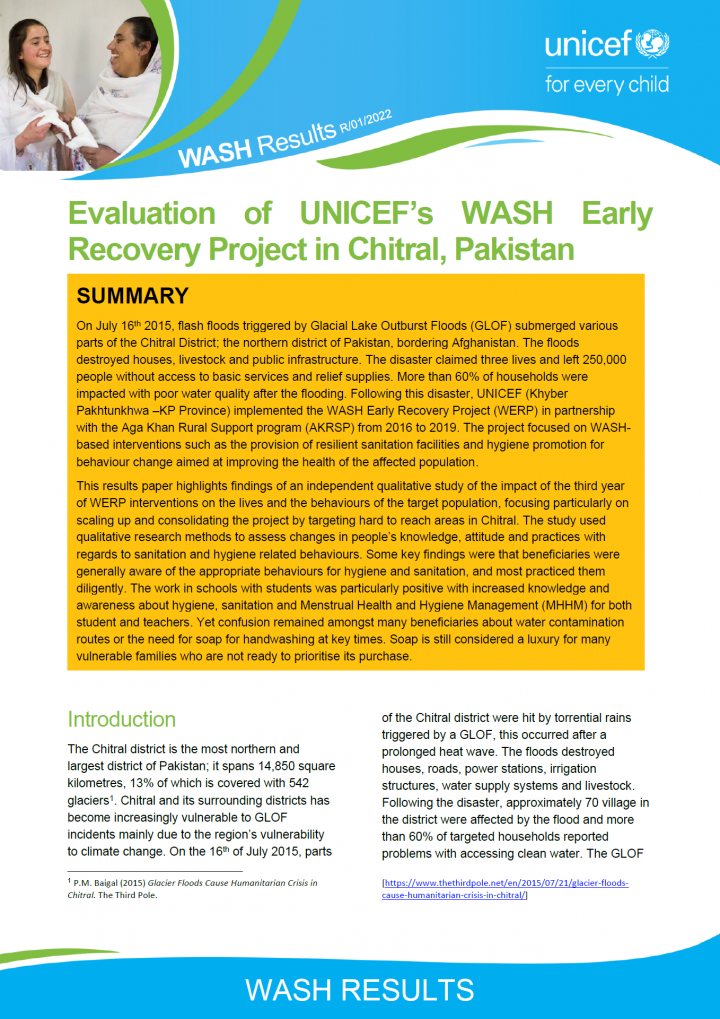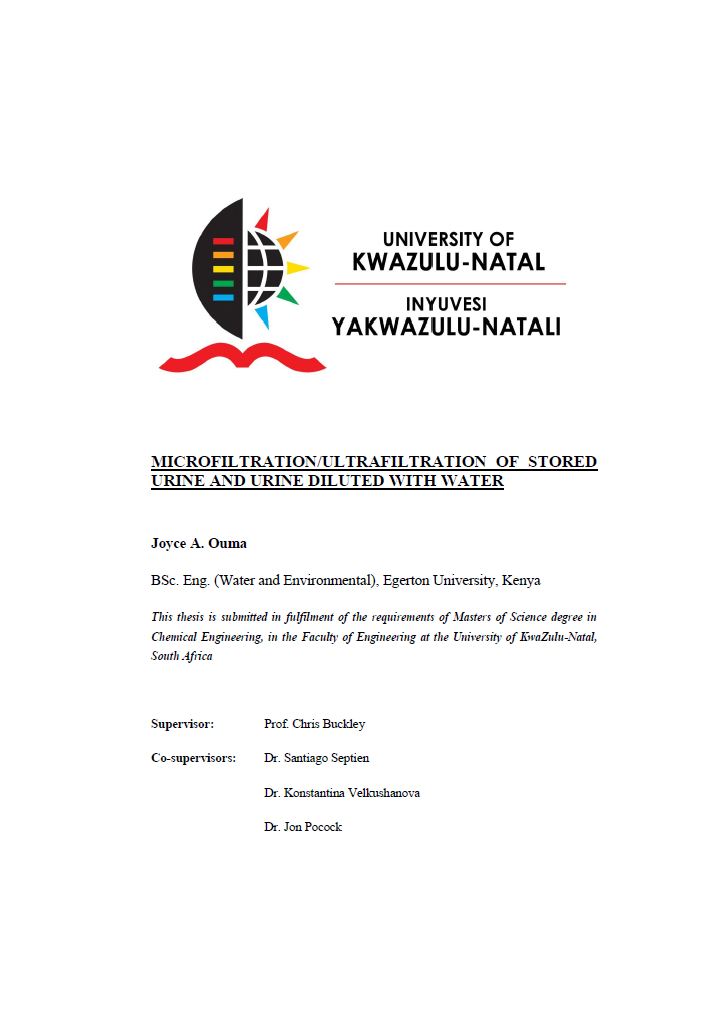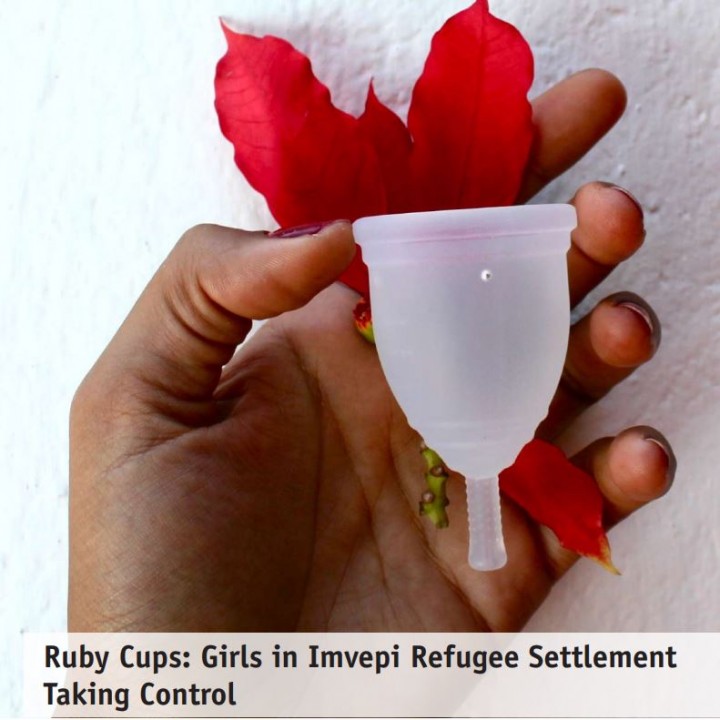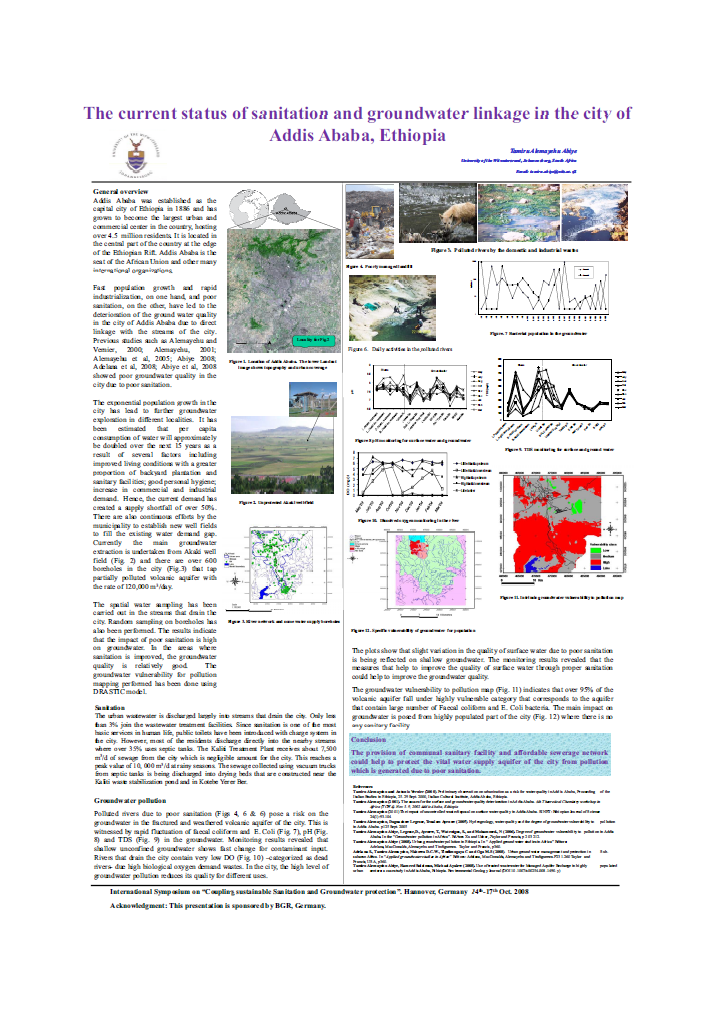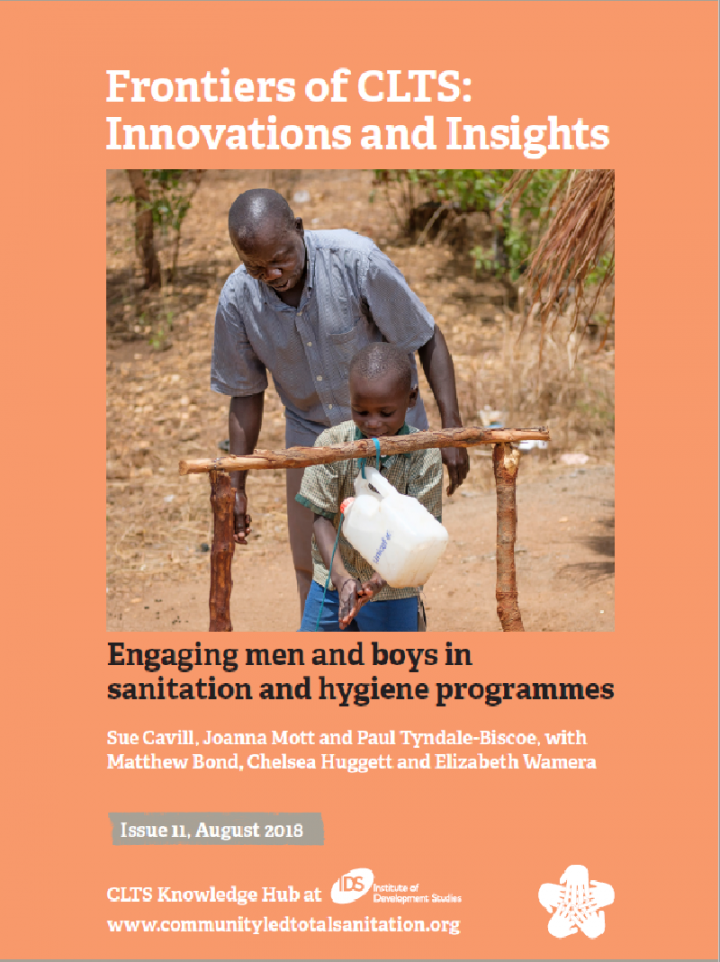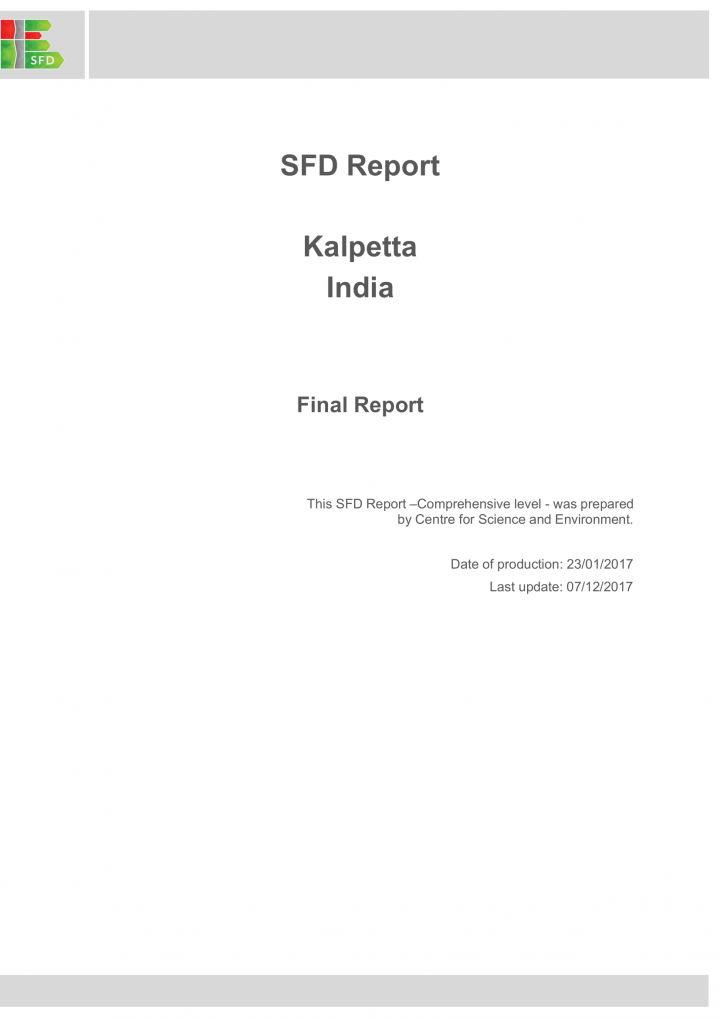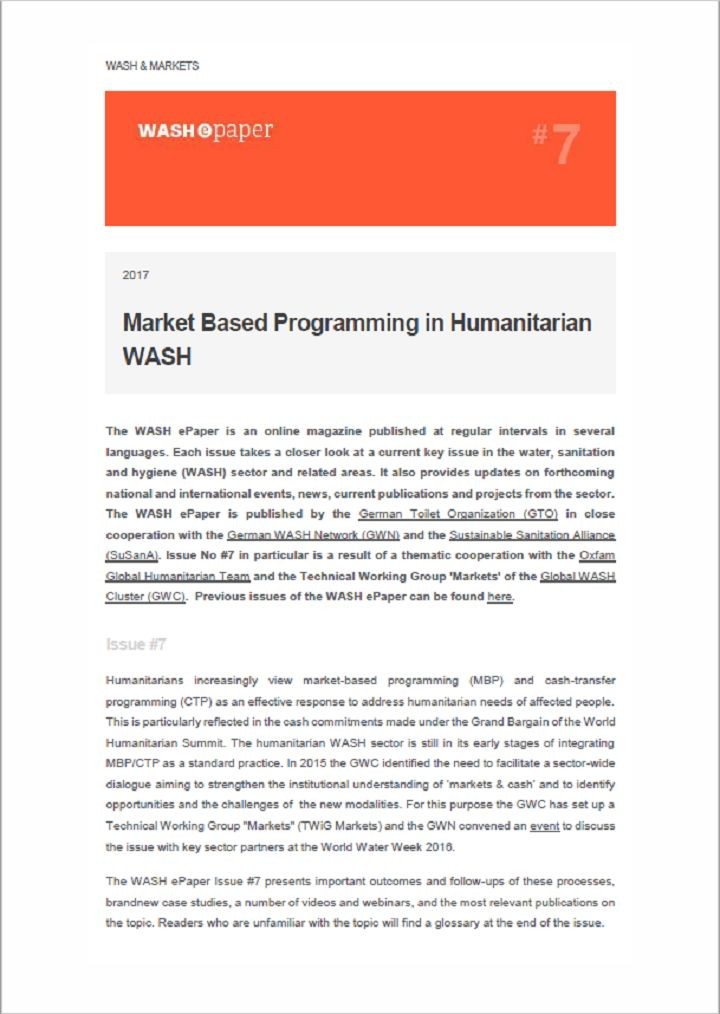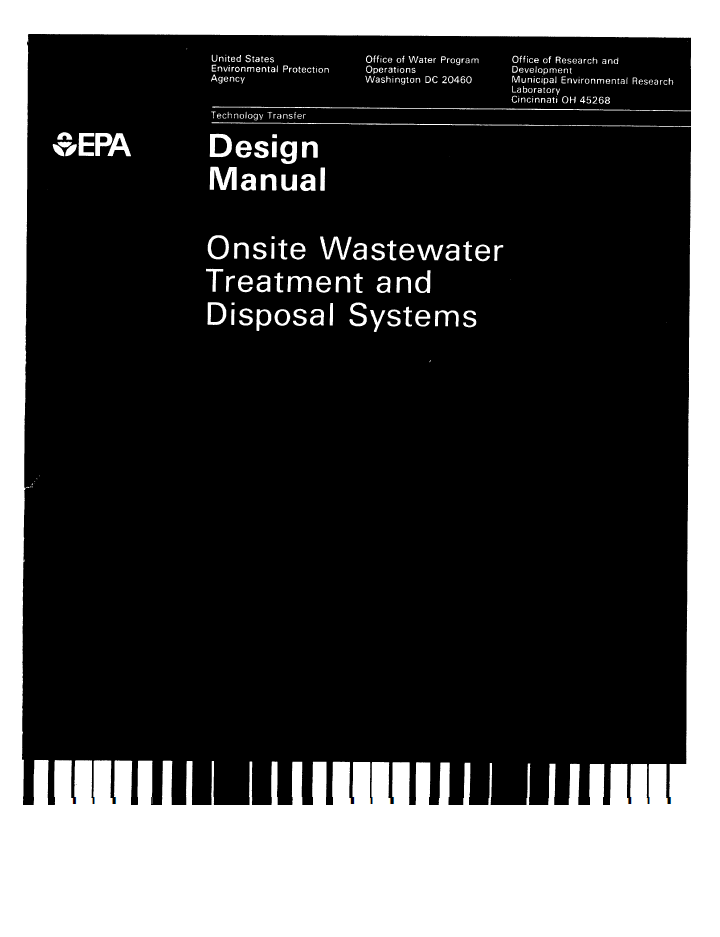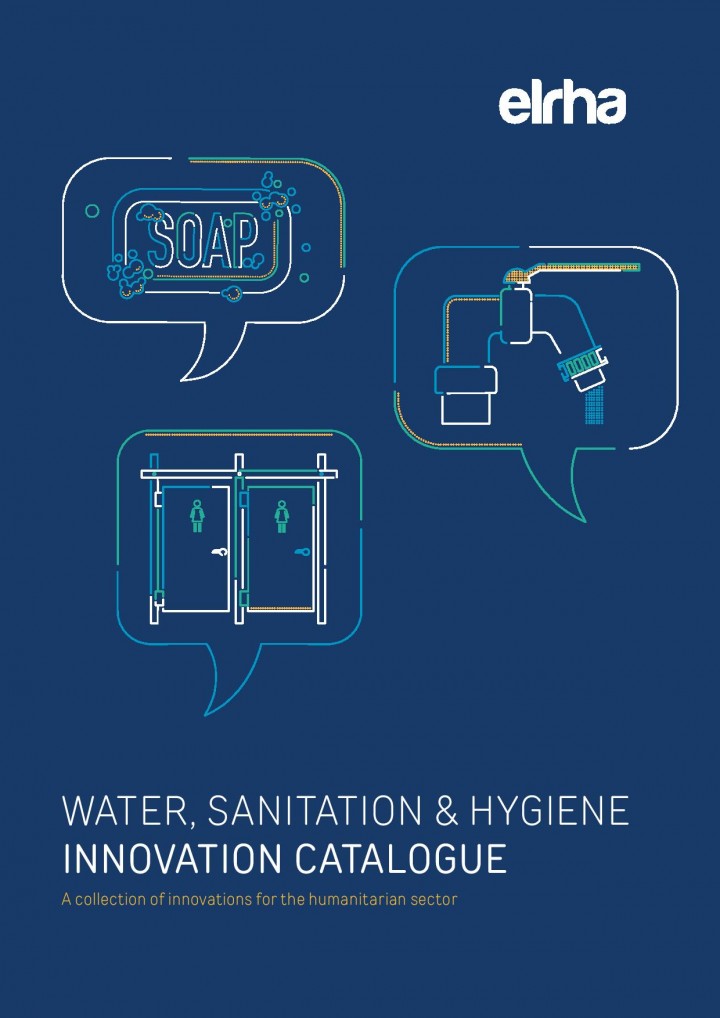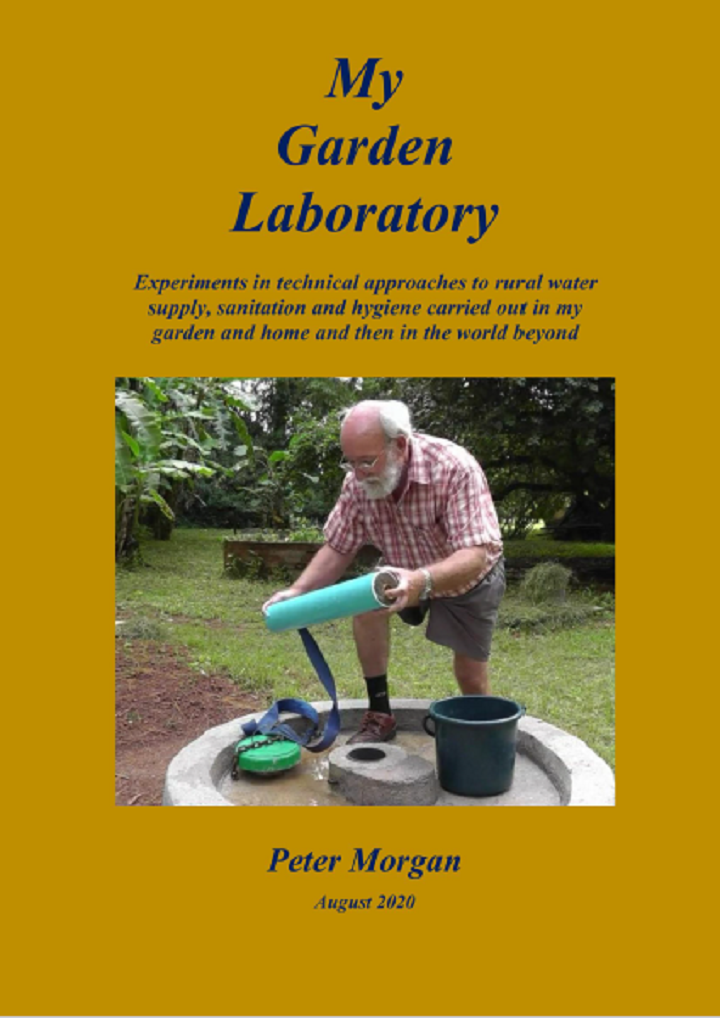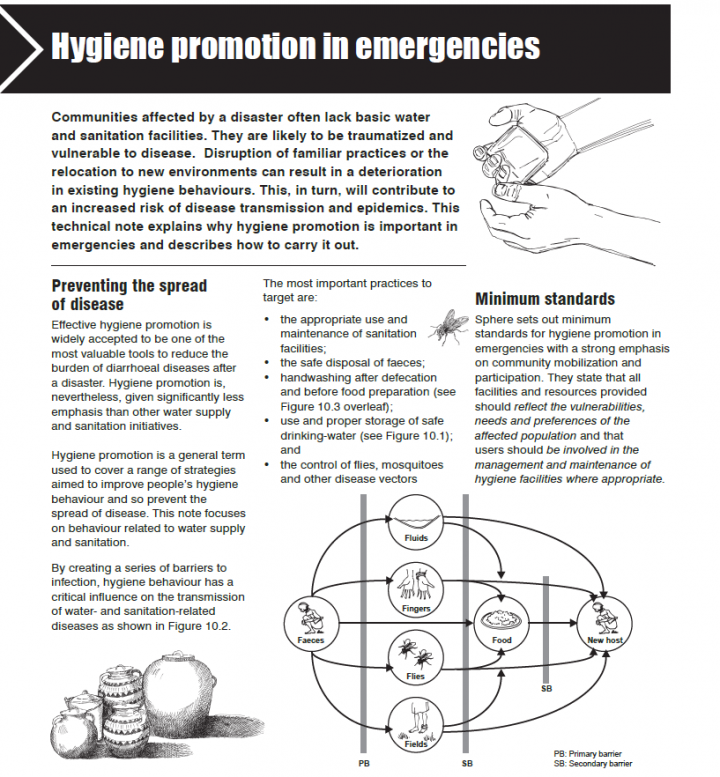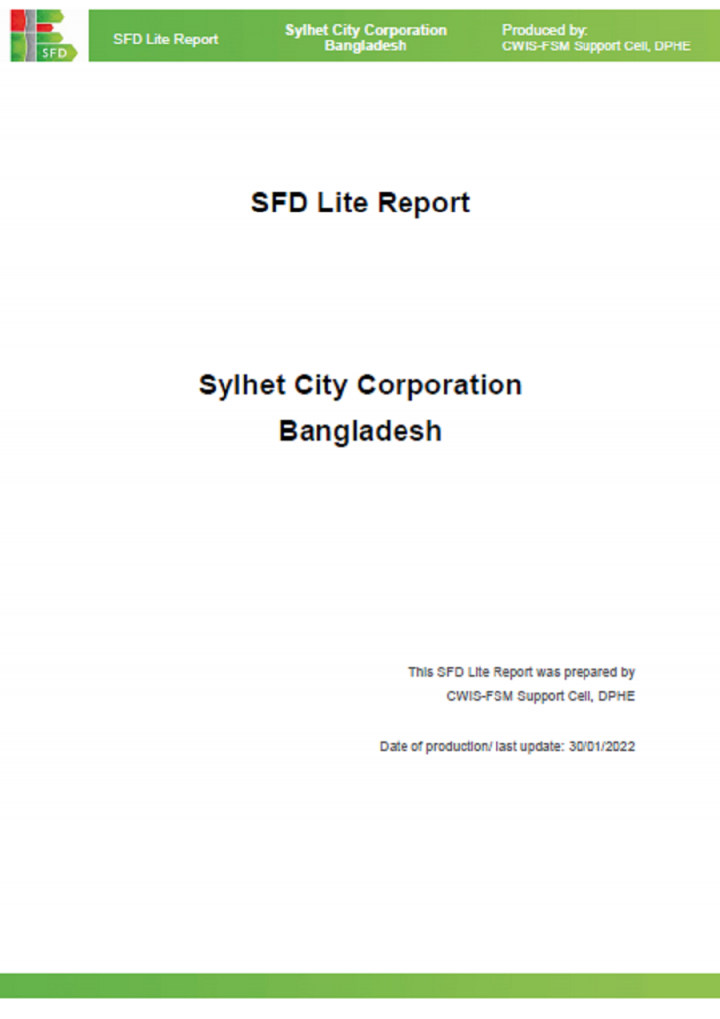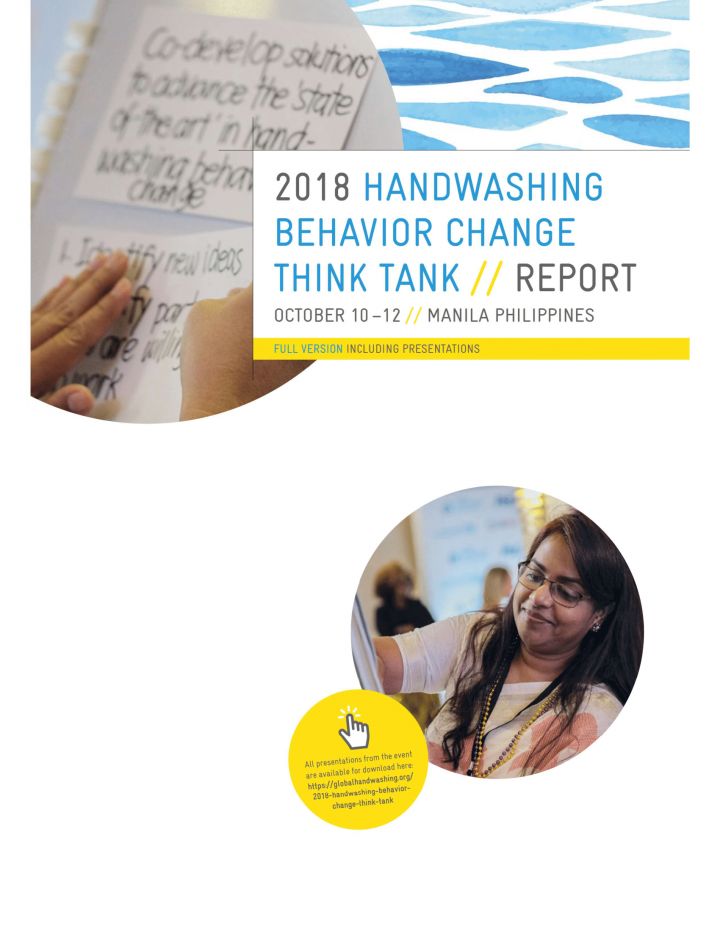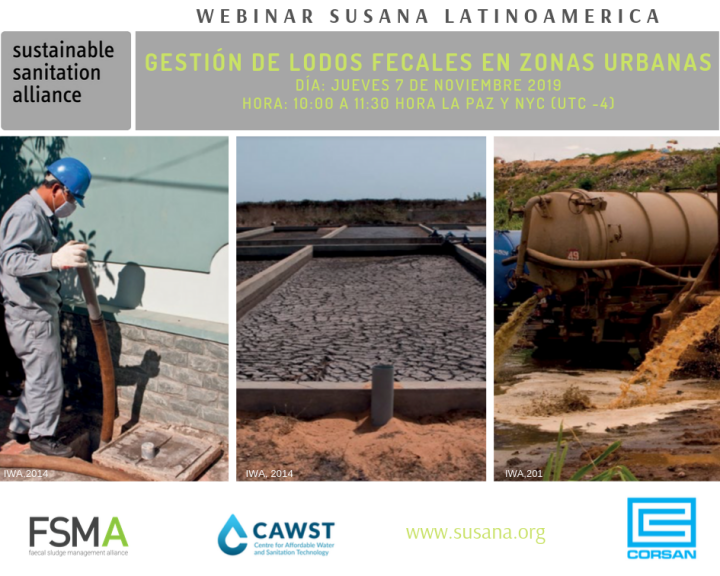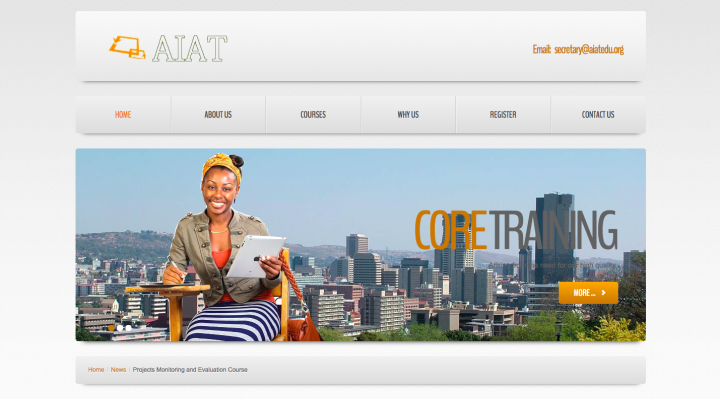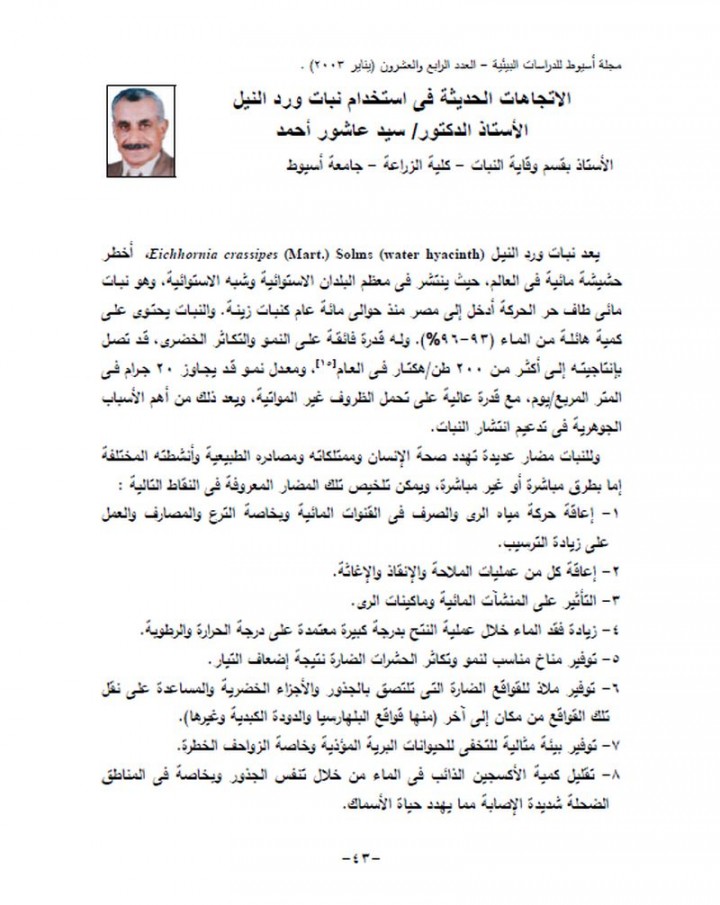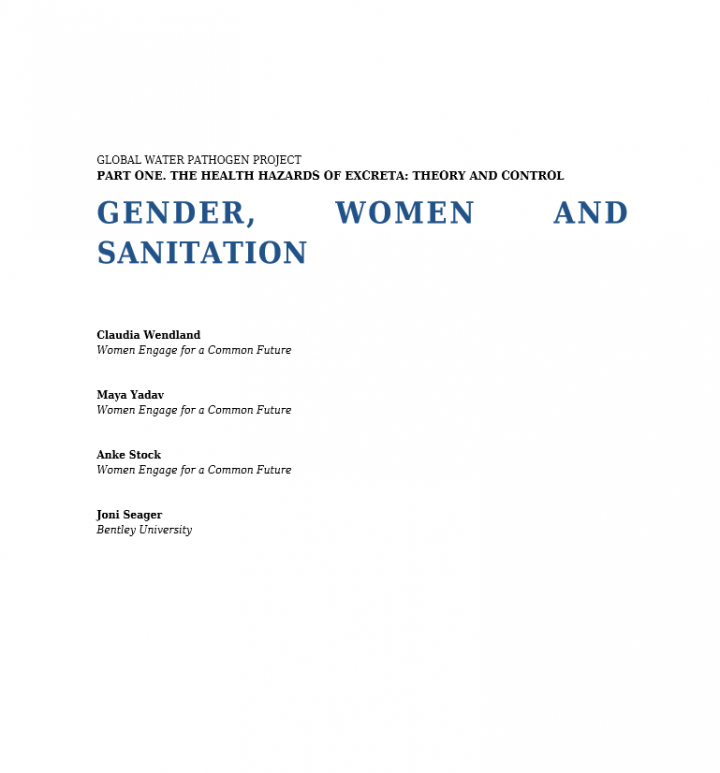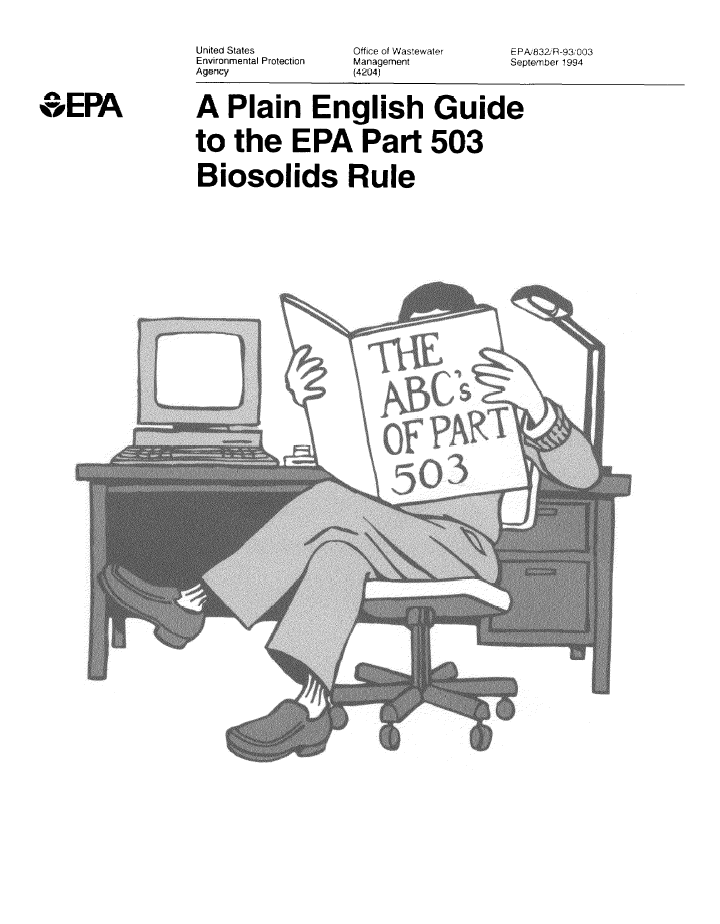Searching for information on Sanitation Workers?
The Sanitation Workers Knowledge + Learning Hub is the best source for all current news, trends, articles and updates on sanitation workers rights around the world.
This publication describes the beginnings of a movement to address the adverse effects of healthcare waste on both people and the environment in Nepal. Healthcare waste refers to all waste generated in healthcare facilities, research centers and laboratories. It includes a broad range of materials, from potentially hazardous items, such as used needles and syringes, soiled dressings, body parts …
Clean drinking water, improved sanitation and good hygiene practices are life-sustaining and play an important role in maintaining public health. The benefits of water, sanitation and hygiene (WASH) cannot be underestimated in controlling the spread of disease, as well as underpinning human rights, well-being and development. Safe water, sanitation and hygiene is a necessity to reduce the spread …
About the Training Modules
Training Modules on decentralsid sanitation, septage and waste water have been developed, tested and delivered by SCBP during 2016-17, during training of government officials from UP, Rajasthan, MP, Telengana, Bihar, Karnataka, West Bengal, Jharkhand and Chattisgarh. These Modules have also been used in Training of Trainers(ToTs) of Amrut Nodal Agencies, Academia, …
Ahraura is situated at a distance of 60km from Mirzapur District, in the state of Uttar Pradesh, India. The city lies in the Vidhyan Range, and at a distance of 340 km from the state capital, Lucknow. The population of the city, as per the Census of India, 2011 is 23,094. Population. The density of the city is 6,242 persons per sq.km, which is considerably high, when compared to that of Uttar …
On July 16th 2015, flash floods triggered by Glacial Lake Outburst Floods (GLOF) submerged various parts of the Chitral District; the northern district of Pakistan, bordering Afghanistan. The floods destroyed houses, livestock and public infrastructure. The disaster claimed three lives and left 250,000 people without access to basic services and relief supplies. More than 60% of households were …
The Menstrual Hygiene Management pilot was conducted among 80 refugee women and girls, aged 15-30 years in Imvepi refugee settlement over four phases, namely (1) exploration, sensitization and training of trainers, (2) trainer trial period, (3) beneficiary training, and (4) menstrual cup (MC) trial period of beneficiaries and final evaluation. In addition to the fact that female received …
From 14-17 October 2008, the German Federal Institute for Geosciences and Natural Resources (BGR) convened the international symposium on “Coupling Sustainable Sanitation and Groundwater Protection” in Hannover, Germany, in order to highlight the immense problems of groundwater pollution due to absent or inadequate sanitation facilities in developing countries.
Together with international …
Men’s and boys’ active and positive engagement in sanitation and hygiene (S&H) means improving sustainable outcomes, as well as increasing the potential for redistribution of unequal domestic and care responsibilities from women to men. Discussions around gender in S&H (and elsewhere) often focus on the roles, positions or impacts on women and girls, however this issue of Frontiers of CLTS …
Kalpetta is a town and a municipality in the Wayanad district, of Kerala, India. It is the headquarters of Wayanad district as well as the headquarters of Vythiritaluk. It is a bustling town surrounded by dense coffee, tea plantations and hills (KM, 2015).
Apart from being the administrative capital of the district, Kalpetta is also the centre of tourism, as it is currently located within the …
The WASH ePaper is an online magazine published at regular intervals in several languages. Each issue takes a closer look at a current key issue in the water, sanitation and hygiene (WASH) sector and related areas. It also provides updates on forthcoming national and international events, news, current publications and projects from the sector. The WASH ePaper is published by the German Toilet …
This document provides information on generic types of onsi te wastewater treatment and disposal systems. It contains neither standards for those systems nor rules and regulations pertaining to onsite systems. The design information presented herein is intended as technical guidance reflective of sound, professional practice. The intended audience for the manual includes those involved in the …
The WASH Innovation Catalogue is divided into thematic sections, each introduced through a short summary of the problem drawing on our 2013 Gap Analysis on Emergency Water, Sanitation and Hygiene Promotion and subsequent Problem Exploration Reports. Many of the innovations featured have been supported through our targeted Funding Challenges which directly responded to the priority problems …
There is something about being an experimenter and a scientist that never quite fades despite ones age or the fact that, as the years pass, as one gets older, the brain and the body never quite functions as efficiently as it used to do. Having been a student of Zoology in my early years and trained in the scientific method of a bygone era (1960’s) and later adapted to a completely different …
Communities affected by a disaster often lack basic water and sanitation facilities. They are likely to be traumatized and vulnerable to disease. Disruption of familiar practices or the relocation to new environments can result in a deterioration in existing hygiene behaviours. This, in turn, will contribute to an increased risk of disease transmission and epidemics. This technical note explains …
Sylhet city, the district headquarter as well as the divisional headquarter of the Sylhet division, is situated in north-eastern Bangladesh. It is 241 km away from the capital city Dhaka. The city is located on the banks of Surma River. It is one of the oldest towns in the sub-continent. Sylhet was updated to a city corporation from a municipal board in 2002. Sylhet is one of the 8 City …
The Global Handwashing Partnership Think Tank series brings together hygiene experts from civil society, government, research institutions, and the private sector to drive learning and action in handwashing behavior change. The 2018 Think Tank was hosted in Manila, Philippines, from October 10 – 12. The presentations can be found in the annex of the report.
In Spanish: Este webinar nos mostrará diferentes experiencias en la gestión de lodos fecales, evaluando la magnitud de esta problemática y las principales limitaciones que deben ser superadas para mejorar la gestión de lodos fecales en nuestra región.
Esa entrada de la biblioteca contiene las presentaciónes del webinar 2: "Gestión de lodos fecales en zonas urbanas"
- Gestión de …
AIAT offers a wide range of training programme suitable for Private Sector, Public sector, Government Parastatals and Non Governmental Organisation (NGO) Personnel/staff. AIAT is a training, research and consulting organization which provide Leadership and Strategic Management, Project and Logistics Management, Business Communication and Policy Analysis and Management programme aim at improving …
The MOOC series “Sanitation, Water and Solid Waste for Development” is an open-access eLearning program of Sandec/Eawag. It consists of four courses, which have reached more than 80'000 participants. The courses are available for free and constantly running on the learning platform Coursera. All video lectures are also on YouTube.
Please find further information on the webpage given below.
Women and girls are especially affected by inadequate sanitation because of gender related differences - cultural and social factors - but also because of sex-related differences - physiological factors. Gender refers to the social differences and relations between men and women which are learned and often constructed and which differ in various societies and can change over time.
There are …
The purpose of this document is to explain the intent and requirements of the Part 503 rule and to assist owner/operators in determining the extent to which their biosolids management operation is covered. To help clarify the intent of the Part 503 rule! this guidance document sometimes uses terms that do not appear in the rule itself and organizes information differently from the rule. For …

